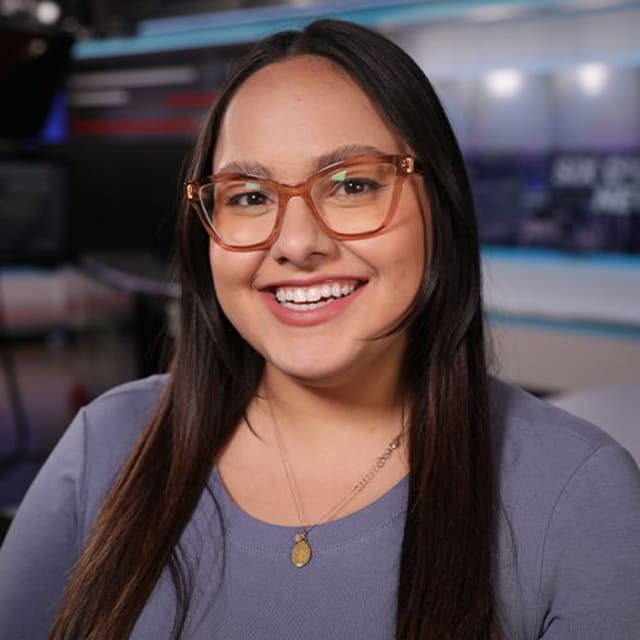SAN ANTONIO – Editor’s note: This video was created specifically for the KSAT-TV streaming app. Find more deep-dive, expanded content like this when you download the app on Apple TV, Roku, Amazon Fire stick, and select smart TVs.
San Antonio officials and health care professionals have stood behind the Centers for Disease Control and Prevention’s recommendation to wear protective face masks to slow the spread of the novel coronavirus.
Some local businesses have made the masks a requirement. But not everyone is so quick to wear a mask in public settings, prompting confusion and even chaos across the country.
INCLUDED: Argument over face mask erupts into confrontation at 99 cent store in San Antonio
‘Nobody was prepared for this’: Psychologist says on 99-Cents Only Store mask brawl
KSAT viewers on Facebook responded to a post asking, “Do you wear a face mask in public? Why or why not?” with a range of reasons. We pulled some of the most common responses and presented them to UT Health San Antonio’s Dr. Ruth Berggren and psychologist Dr. Eboney Jackson to find out what might trigger some of these reactions to being asked to wear face masks amid the pandemic.
Media distrust: Jackson says the simple nature of unraveling information can cause confusion for most people.
“Initially, when this thing started happening, we were told that masks are really for people who are sick. And that’s to keep you from getting other people sick, and that it wasn’t necessary for us to all wear masks. ‘Save the masks for the health care workers,’ and now it’s, ‘Everybody needs to wear a mask,’” Jackson recalled. She said conflicting information can cause someone to not trust any information, even from government or medical experts.
Political statement: The idea of masks has become highly political. Jackson says being told to wear a mask is something Americans aren’t used to hearing.
“In other countries, this is something they’ve been accustomed to doing for years. But in America, this is completely new. With anything that’s new, you’re gonna have pushback," said Jackson.
With protests across the country regarding the pandemic, some people believe mask requirements infringe on their Constitutional rights. Jackson says Americans can have a specific mindset that might trigger this reaction. “Sometimes there is this sense of entitlement, like, ‘I have the right to do whatever I want. This is America’. But that’s not true. You can’t go to the store without shoes. You can’t go to the store without a shirt on. So this is kind of the same thing,” Jackson explained.
Herd Immunity: “I suppose some people feel like we should all throw caution to the wind, and everyone gets infected. Some people will die, but some people will then be immune and move on with our lives," Berggren said, referring to herd immunity. To develop herd immunity, 80% to 90% of the world’s population would have to become infected with COVID-19 and recover. This costs not only a lot of lives but also time. According to Berggren, herd immunity can happen naturally but also through immunization and vaccine, both of which could take years. Whether through vaccine or nature, experts still aren’t sure how long COVID-19 immunity will last.
Faith vs. Fear: A few viewers responded with messages of hope and faith in their religious leader. Jackson says this is a common coping mechanism.
“How they interpret it [might be] if they don’t whole heartedly put their trust in God, or whomever that higher power is they believe in, they feel like they are failing as a practitioner of that faith,” Jackson explained.
Health concerns: According to Berggren, the city of San Antonio exempts people with certain health conditions from wearing a mask in public. Those conditions include asthma, autism, sensory processing difficulties and mental health challenges.
Mental health: Increased anxiety was a common concern among viewers. Jackson works with patients who have also expressed increased anxiety during this time. “You’re face is covered. You have a harder time breathing. In a way, you feel more contained. So, yeah, I can see anxiety being a barrier to wanting to wear the mask” she said.
Lastly, some people said they feel protected enough by following CDC guidelines, like handwashing and social distancing. Berggren said those are self-protective measures, and wearing a face mask is to protect others from you in case you have contracted the virus without showing symptoms.
Ask Berggren your questions every week on the New at 9.
RELATED: Which stores require face masks to be worn in San Antonio?



